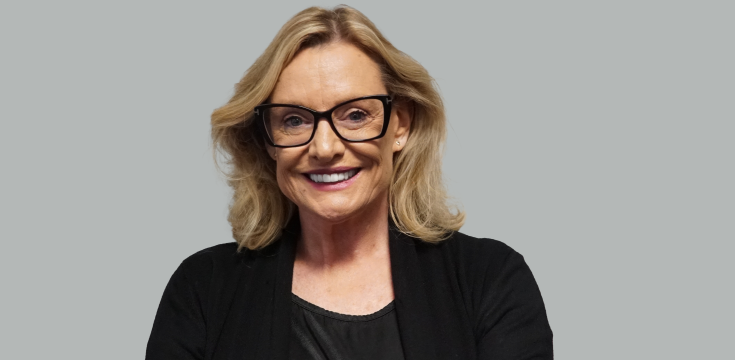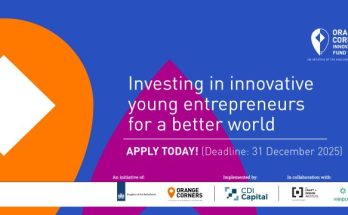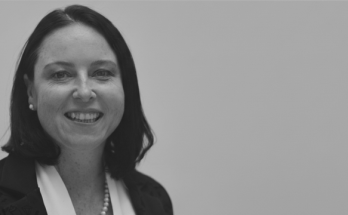In 2025, the business case for diversity shouldn’t be a debate. In fact, it has only gained strength as top-tier consultancies and research organisations, like McKinsey, continue to provide large-scale, empirical evidence. According to EY UK, diversity, equity, and inclusion (DEI) measurably increases productivity and innovation. The Diversity Project in the USA found that when teams have a well-managed balance of diversity, it improves performance and decision-making.
And yet, the disclosure of women in management and their share of the workforce in the US dropped by 16% and 14% respectively, in 2025. One in eight companies is scaling back. And a recent study found that DEI initiatives in the software engineering industry are experiencing backlash, and change is slow.
The question is why? Why are companies pushing back on a development that will improve culture and productivity? Changing political winds and complex operating environments are one side of the conversation; the other is a need to keep driving the narrative until it finally lands.
“We have to keep talking about, implementing, and prioritising diversity,” says Belinda Overend, Chief Operating Officer of Bastion. “Age, gender, religion, race, diversity is a critical part of the conversation because everyone has something invaluable to offer to the business. You need the experience of the older employees, the energy of the young. The cultural differences between races and religions to create fresh and unique perspectives.”
A melting pot of people and perceptions can transform how companies interact and engage, both internally and with customers. That said, it needs to be real diversity and not a tick box exercise if it’s going to work.
“It’s not about having one woman in the corner,” Overend says. “It’s about a genuine balance of voices and skills across the business.” Bastion’s online and technical teams, once made up entirely of men, now include women designers and developers who have completely changed how products are conceived. “They bring a different skill set,” Overend explains. “Some focus on design, some on coding, and some bridge both. They make it a much more holistic product because they cover all the aspects that others might miss.”
Her view aligns with a wide body of research that shows how mixed teams have higher project completion rates and more balanced creative outcomes. It is also one that flows through the business. At Bastion, diversity extends beyond gender to generational experience. “We work strongly with peer-to-peer knowledge sharing,” Overend says. “There’s an openness to it, not just a top-down approach. The younger team members bring new ideas, and the older ones share what they’ve learned. It’s a really great balance.”
This two-way mentorship model reflects a growing corporate recognition that innovation thrives when curiosity meets experience. Companies with multigenerational teams benefit from combining distinct strengths as younger employees bring digital fluency and fresh perspectives while older employees offer institutional knowledge, strategic thinking, and crisis management experience. This blending enhances creative problem-solving and decision-making.
For Overend, meaningful metrics go beyond headcount. “Diversity is measured by whether people’s ideas are heard and acted on,” she says. “You can have a balanced room and still not have real inclusion.”
Real inclusion, then, is measured by outcomes. It is heard in meetings where different voices affect decisions, and it is seen in workplaces where opportunity is evenly distributed. The challenge for business is not understanding the value of diversity, but sustaining it when it becomes uncomfortable, politicised or difficult to quantify.
Overend’s reflections offer a reminder that progress depends on persistence. Diversity, she believes, is not a temporary initiative or a communications goal. It is a daily practice of openness that builds stronger teams and better decisions. And in a year where inclusion appears to be losing ground, that practice may be the most critical measure of leadership we have.




